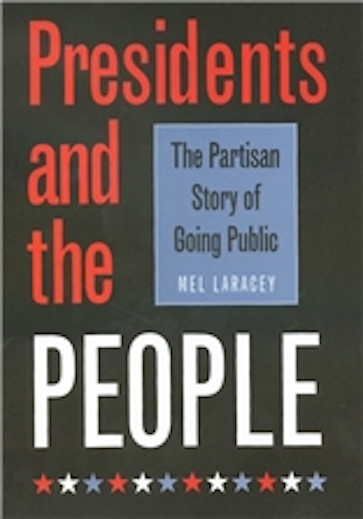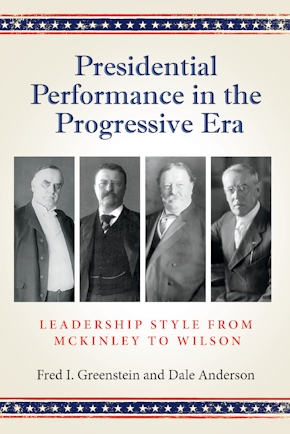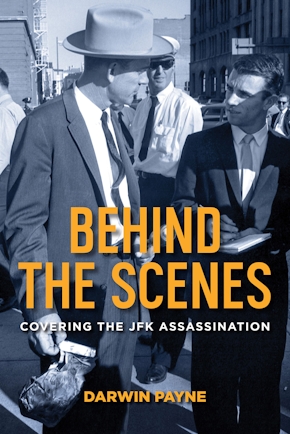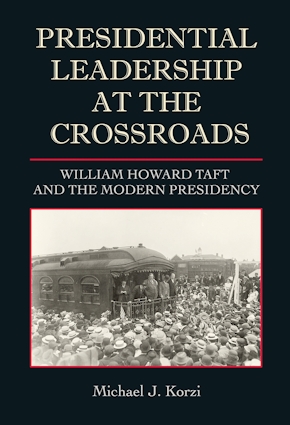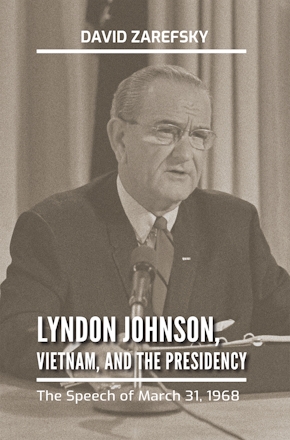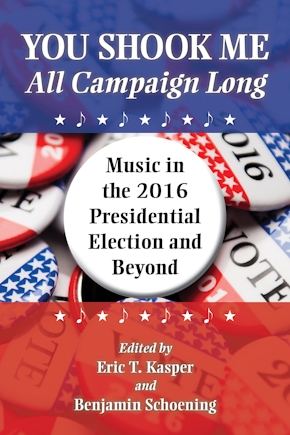Presidents and the People
The Partisan Story of Going Public
978-1-58544-180-8 Cloth
6.12 x 9.25 x 0 in
280 pp. 3 tables.
Pub Date: 05/02/2002
Available
BUY NOW
- Cloth $42.95 s
Presidents and the People offers the first comprehensive study of presidential communication with the public on policy matters and of popular and elite attitudes toward going public. Laracey demonstrates that the practice did not begin with Roosevelt’s Fireside Chats, Kennedy’s televised press conferences, or Bill Clinton’s town meetings. Rather, historically, it has included earlier media such as presidentially sponsored newspapers. The relative absence of policy issues from earlier presidential speeches represented not an aversion to going public, but a preference for the printed word in a society where speeches reached only the immediate audience.
Laracey argues that the extent to which presidents have gone public is a function of their adherence to one of two competing conceptions of the presidency, both of which are constitutionally based. His nuanced view of the presidency results in an original typology that he uses to analyze both the means and the normative bases for going public. He challenges the view of the Federalist Papers as pro-Congress at the cost of a policy-oriented, public-referring presidency. Tracing the sometimes thinly veiled exercise of public appeals through presidential newspapers, he concludes that “going public is not a modern manifestation, but rather the modern triumph of one view of the proper place of the presidency in the constitutional order.”
Joseph V. Hughes Jr. and Holly O. Hughes Series on the Presidency and Leadership
About the Author
Published by Texas A&M University Press
